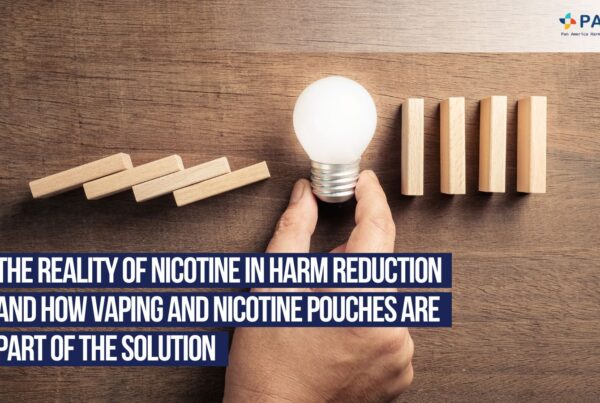
Nearly 1.7 million Mexicans vape, with no sign that the attempts to ban e-cigarettes will reduce consumption.
Mexico’s president, Claudia Sheinbaum, has confirmed that her government plans to ban e-cigarettes by the end of this year, and wants to enshrine it constitutionally, as previous bans have been challenged in court or been ineffective. Her party, Morena, won a landslide victory in elections last June, and with the supermajority in Congress, they have the power to change the constitution.
The country already has one of the world’s strictest anti-tobacco laws. In January, a bill for a total ban on smoking in public places—including the street—was passed in a bid to reduce the smoking rate, which currently is 19%.
Will a ban boost a pre-existing black market?
Despite trying to protect public health, some fear that constitutionally banning vapes will boost a black market controlled by organized crime groups.
The problem with sending these products underground is that the government will lose all forms of control over vapes. If a seller is selling an illegal electronic cigarette anyway, what difference would the age of the buyer make – whether it is above or below 18 years? In addition, since it is illegal, would it make sense for a seller to ensure product quality and safety?
It would behove the government instead to learn the lessons from countries such as New Zealand and choose a harm reduction approach, which would involve developing a regulatory plan for vapes that maximizes smoking cessation among Mexico’s 12 million adults who smoke while limiting youth uptake.
Further, the regulatory plan can include levying appropriate taxes, issuing public use guidelines, providing information about the product, enforcing a minimum age for sales, and individual product restrictions surrounding flavor choices and nicotine concentration in e-cigarette products. This way, larger public health goals can be achieved in the country far more effectively.
Tags
Popular Posts
Quick Links
Related Posts
 Paradigm Shift Needed In Pan America’s Approach to End Smoking
Paradigm Shift Needed In Pan America’s Approach to End Smoking
Paradigm Shift Needed In Pan America’s Approach to End Smoking
 Tobacco Harm Reduction Seminar in Brazil
Tobacco Harm Reduction Seminar in Brazil
Tobacco Harm Reduction Seminar in Brazil
 Systematic Review of Vaping Flavours | Dr. Konstantinos Farsalinos
Systematic Review of Vaping Flavours | Dr. Konstantinos Farsalinos





